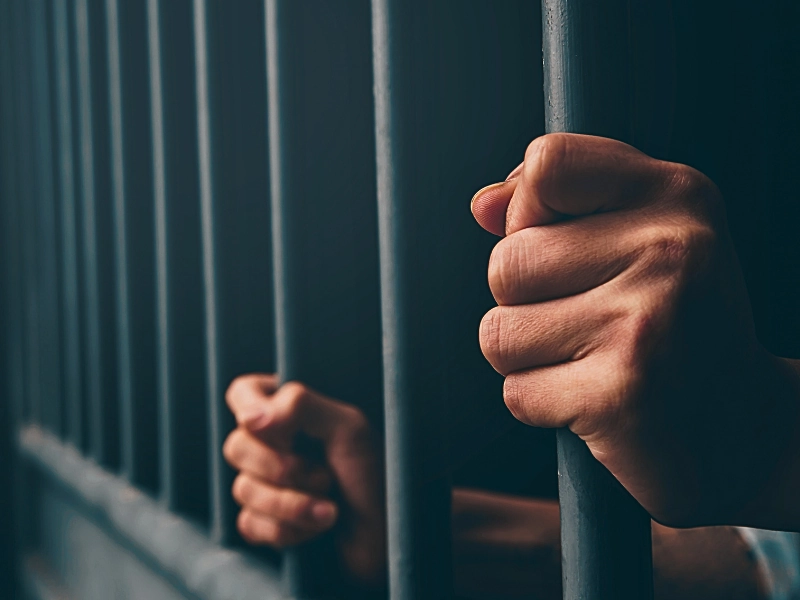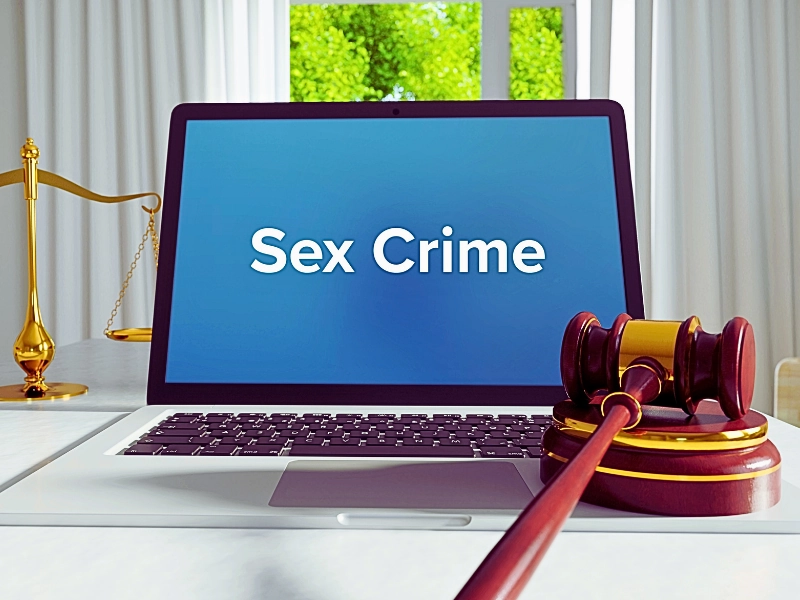Minnesota’s criminal coercion law could be a violation of First Amendment rights. Under Minnesota Statutes, any threat to harm another person by publishing defamatory information, releasing confidential information, or exposing another person to public ridicule or disgrace is considered a criminal coercion offense. A recent Court of Appeals, however, found that the stature was too broad

Table of Contents
Minnesota Coercion Laws
Minnesota law treats coercive threats against an individual as a criminal offense. In a recent Court of Appeals decision, however, the Minnesota Coercion Statute was struck down because the court said it criminalized free speech under the First Amendment.
In a recent case, a man was charged with one count of attempted coercion under the Minnesota Coercion Statute. The state alleged that the man-made a threat to release a defamatory statement which would expose his girlfriend to public harm. The case involved a couple who lived together in a romantic relationship. When the relationship ended, the man allegedly made phone calls to his girlfriend’s father demanding $25,000 to prevent the release of an incriminating video of his daughter. The man allegedly threatened to release the video to the Minnesota Department of Human Services and his girlfriend’s employer. Under the current statute, prosecutors charged the man with attempted coercion.
Minnesota’s Coercion Statutes broadly criminalize any threat to expose a secret or deformity that causes harm to another person, as long as the threat demands a lawful or unlawful act or the forbearance of a lawful act. The statute does not limit criminal charges only to threats of extortion or defamation that demand money or property.
Due to the broad language in the current statute, the Court of Appeals determined that the statute prohibits free speech protected under First Amendment rights. The court cited specific incidents, such as consumer rights to publish bad reviews for defective products, employee rights to expose sexual harassment, and individual rights to publicly express concerns as examples of free speech that should be protected under free speech laws.
State and Federal Coercion Laws
Most states, including Minnesota, have criminal charges for coercion and also allow for civil lawsuits to seek injunctive relief. The legal definition of coercion is the same in all states. It defines coercion as the use of intimidation or threats to force or prevent someone to do something they have a legal right to do (or not to do). If physical force is threatened or used, charges and penalties are enhanced. As long as a criminal defendant’s negligence does not play a role, he/she may claim that he/she was coerced into committing a criminal act. In Minnesota, this type of criminal defense requires a St Paul criminal lawyer who can prove the following elements:
- An immediate threat of serious bodily harm to the defendant existed
- The defendant had a reasonable fear that the other party would carry out the threat
- The defendant could not escape the situation, so he/she was forced to commit the illegal act
Under federal laws, coercion applies to specific activities including commerce, housing, employment, political activity, contract law, and sex trafficking. Federal coercion laws address the following:
- Fair Housing – Adverse actions that violate a person’s rights under the Fair Housing Act. This includes acts that prohibit an individual from accessing or enjoying their private living space.
- Political Activities – Coercion, intimidation, or threats of any federal employee to engage or not engage in any political activity.
- Employment – Direct or indirect coercion of government employees with regard to family and medical leave rights, such as threatening retaliation for taking a medical leave.
- Contract Law – Coercive contracts that entice certain behaviors or grant certain rights to a promoter or benefactor as a condition of acceptance.
- Sex Trafficking – Coercion or enticement of an individual to travel across state or foreign boundaries to engage in illegal sexual activity for monetary gain.
In most states, sex trafficking is considered a serious federal offense when an individual is coerced (forced) to travel across state boundaries to engage in prostitution. In Minnesota, a First Degree sex trafficking charge is punishable by fines up to $50,000 and a prison term up to 20 years. If the victim suffers physical harm, is held against his/her will, or there is more than one victim, the fines are increased to $60,000 and the prison term is increased to 25 years. A St Paul criminal lawyer sees a high rate of sex trafficking cases every year in Minnesota.
Under First Amendment rights, individuals are allowed to speak their minds and stand up for their beliefs. However, the principles of free speech are not intended to cause harm to others by means of force, fraud, or defamation. When coercion occurs, the lines of free speech are often blurred, but in most cases, freedom of speech may only be restricted if it causes direct and imminent harm to another person.





